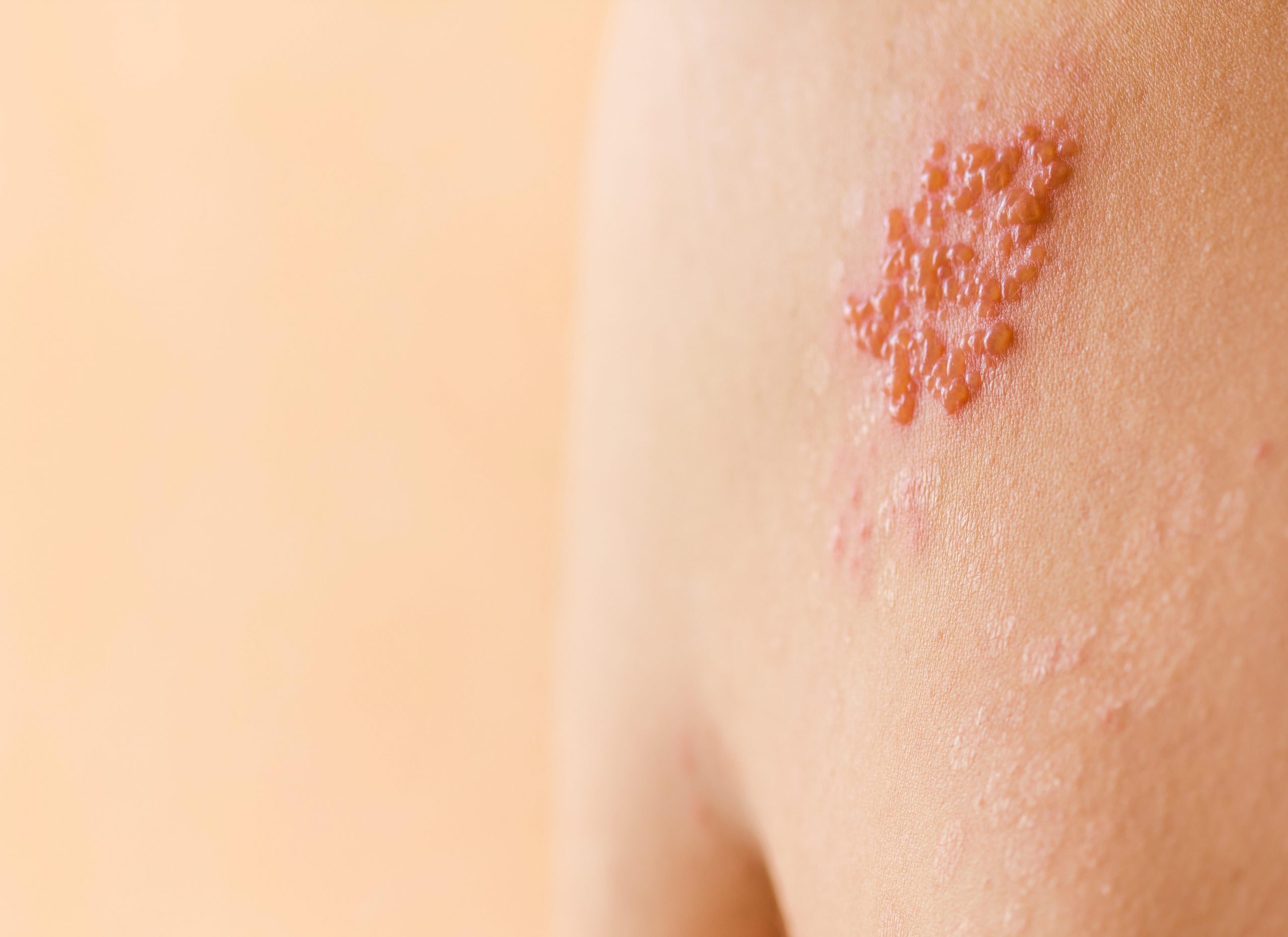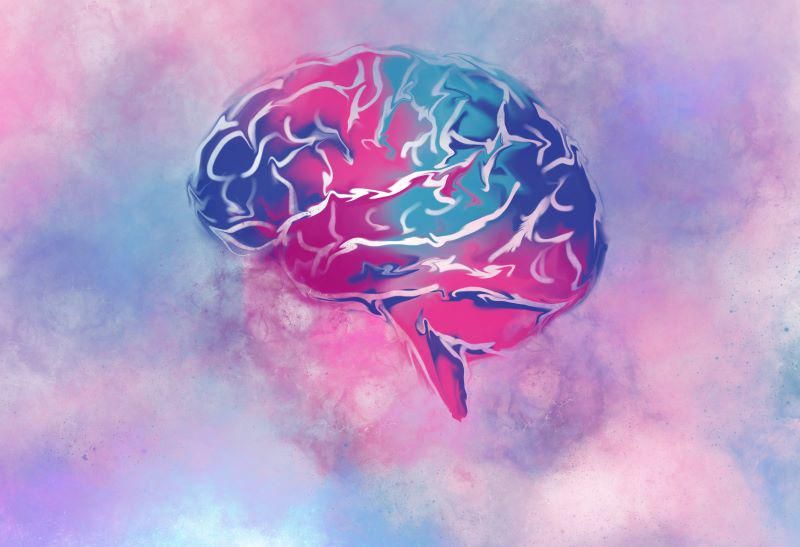
Flu, RSV and COVID-19 are creating a perfect storm of respiratory disease that is overwhelming the nation’s health care systems. Vaccination will be key to getting through the winter holidays with your health intact, U.S. Centers for Disease Control and Prevention Director Dr. Rochelle Walensky said during a media briefing Monday. “For two of the… read on > read on >






























